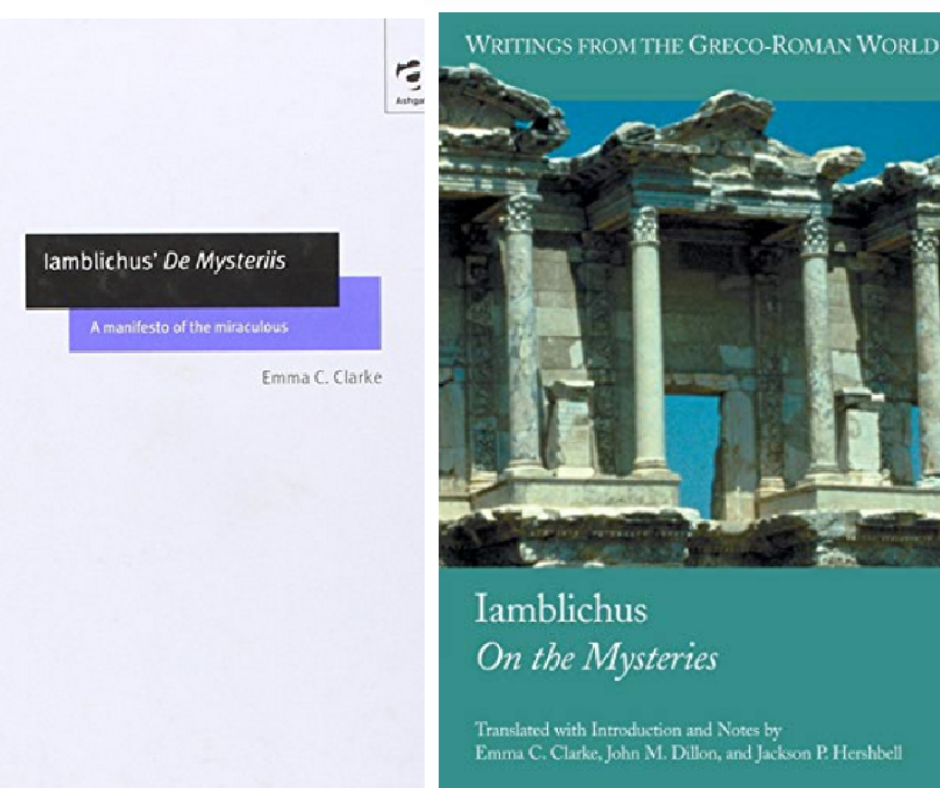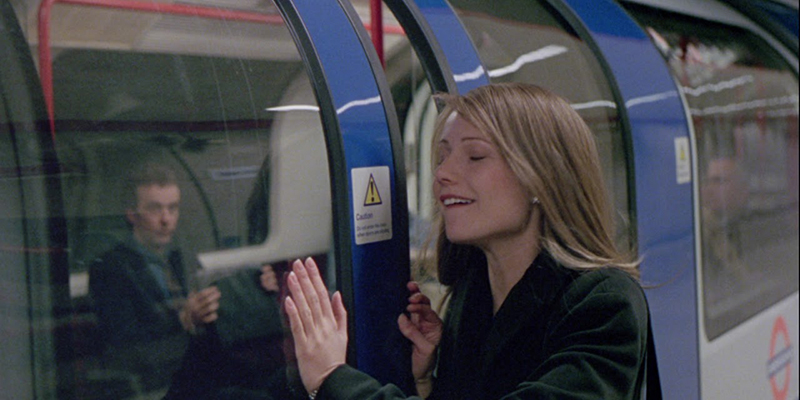Since my last post, so many people have sent me messages asking what my research was actually about that I have decided to write an explanation. You only have yourselves to blame.
One of the difficulties one faces when writing a proposal for a PhD is to find a niche in one’s subject where there is work left to be done. I have met academics in my time who have written PhDs on Virgil or Homer, but how they managed to come up with a new angle, never mind how they managed to get a handle on everything that had been written already, is completely beyond me. Personally, I decided that something a little more obscure was the way forward.
I had an interest in ancient philosophy and I was also lucky enough as a part of my degree to do an undergraduate course on the rise of Christianity in the ancient world. These two fields of study collided when I started to learn about Neoplatonism, a branch of thinking in late antiquity which is notoriously difficult to define. In origin and essence, Neoplatonism was everything that was said, thought and written about Plato, Aristotle and other key thinkers in the generations after they lived. Initially, this was the men studying in the schools in which Plato and Aristotle themselves taught (Aristotle was a pupil of Plato, so the process started with him), but as the centuries rolled by Neoplatonism became the wildly diverse writings that were produced generations and even centuries after Plato and Aristotle were writing and teaching. People also wrote intensively about Pythagoras and some ancient scholars became interested in finding what they believed to be religious and philosophical allegories in the writings of Homer. The study of what these men wrote at the time is thus an entire field in itself – if you like, it’s the study of Platonic, Aristotelian and Pythaorean reception in the ancient world. Its most famous and respected proponent was a man called Plotinus, who lived and wrote in the 3rd century AD and had a strong influence on Christian philosophy; I specialised in the men who came shortly after him.
Despite its noble origins as an intellectual field of study, Neoplatonism took on a life of its own and morphed into something really rather bizarre as the years rolled by. This was partly because it was influenced during this period by the growth of religions that focused on developing a personal relationship with one’s god, but there were other complicating factors too. Suffice to say, by the time you get to the period in which I specialised, Neoplatonism had become something pretty weird and wonderful: an intensely intellectual field of study on the one hand and a downright barking set of pseudo-philosophical cultish ravings on the other. I do not exaggerate – better scholars than I have said as much.
Most of the writings from the period we are talking about were so mystical and incomprehensible that modern scholars had no interest in bothering with them. As a result, many of the texts remained untranslated until a movement led by Richard Sorabji, who was a Professor at King’s College while I was studying and researching. Sorabji oversaw a series of texts and translations, making many of these works available for the first time to undergraduates and indeed to anyone else who was bonkers enough to be interested. He specialised in the commentators on Aristotle, the scores of ancient scholars who had spent their lives poring over Aristotelian texts and writing down their thoughts on them.
So I ended up wading around in this quagmire of growing information in this developing field and, prompted by my Supervisor, took a look at a text nicknamed the De Mysteriis by an author called Iamblichus, a Syrian thinker who was writing in Greek during the late 3rd and early 4th centuries AD. He was particularly keen on Pythagoras, and wrote masses of pseudo-mystical nonsense about him; we have one complete surviving work which has frankly undeniable parallels with the Gospels and presents Pythagoras as what can only be described as a Christ figure. He also wrote various other works including the De Mysteriis, on which I wrote my research and which is fundamentally about theurgy or divine magic. Yeah. I told you it was weird.
So. Theurgy. It is pretty difficult to define without presenting my entire thesis, but in essence it was a range of mystical rituals, all with the aim of connecting humans with the divine. You’d recognise some of them from your general knowledge of the ancient world: oracles, for example, through which the gods supposedly spoke to men. Iamblichus believed very firmly that there was a right way and a wrong way of doing these divine rituals, and the De Mysteriis is his authoritative account of what’s what when it comes to doing this stuff. As a result it is – inevitably – absolutely barking. This is not exactly what I said in my thesis, but it’s the honest truth in summary. Indeed, the De Mysteriis is so barking that previous scholars had largely consigned it to obscurity and it had not been translated into English since 1911. So, that’s where I came along. My PhD was a study of the work and through that research I hooked up with another couple of scholars – far older and more prestigious in the field than I was – and who had in the previous decade taken on the task of producing a modern edition and translation of this text. They were – to put it mildly – rather regretting doing so. One of them had already had a heart attack, although the jury was out as to whether the De Mysteriis was entirely to blame or only partially. Long story short, they drafted me in as Chief Editor and I finished it for them. My PhD was also published.
As I wrote last week, I did not enjoy the process of academic research and I regretted signing up for it. However, this does not mean that I was uninterested in much of what I was doing. What it did reveal is what I should have been studying, and it wasn’t Classics. During the process of my research I realised that what fascinated me more than anything else in the world was (a) what makes people do, think and believe what they do and (b) how it is possible to persuade even the most intelligent and educated person of something which is provably impossible. In simple terms, why do people believe in miracles? Why did Iamblichus believe that a truly inspired (for which read fully possessed) spokesperson for the gods could be struck on the back of the neck with an axe and not be injured? Did he really believe that the famous oracles of which he spoke were still functioning? (We know for a fact that most of them had been disbanded by his time – one that he writes about fulsomely had become a Christian campsite by the time he was writing). Following my interests, and whilst I was meant to be working exclusively on Neoplatonism, I ended up going down all sorts of rabbit holes. I read about early 20th century research into “shell shock” (now known as PTSD); I read purported accounts from the 19th century of children possessed by the devil; I read about mass conversion rallies such as those led by Billy Graham; I read about attacks of crowd hysteria, such as faining fits or hysterical laughing in nunneries and girls’ boarding schools; I read about witch trials; I read about Zaehner’s LSD-fuelled research into what would happen to his mind when, enhanced by hallucinogenic drugs, it was exposed to art or literature. (Not much as it turns out – he just couldn’t stop laughing). In short, I read a wildly diverse range of stuff about possession, altered states of the mind and all sorts of jolly interesting weirdness. Long story short, I should have switched to anthropology.
My interest in such things remains to this day and in other guises I have written articles about belief, conversion and religiosity. I even dipped my toe into novel-writing and wrote a dystopian Young Adult novel about a world in which beliefs are controlled and dictated. Much of my spare time these days is spent reading about a variety of cult-like beliefs which are developing rapidly and spreading online. I might even write about it one day.







